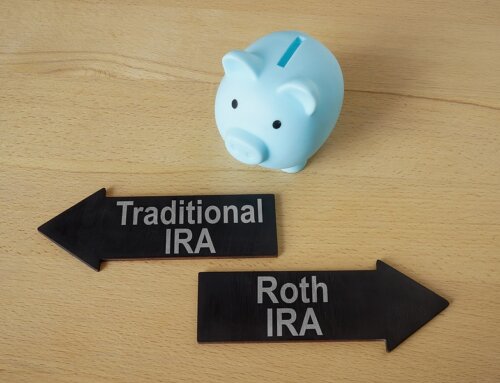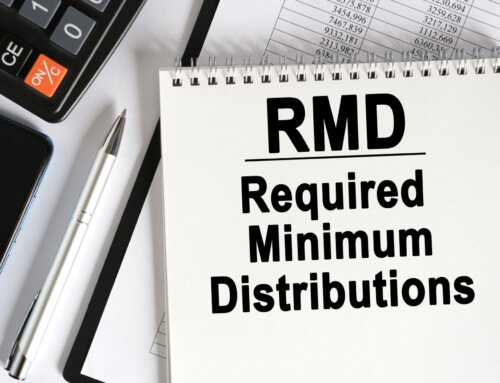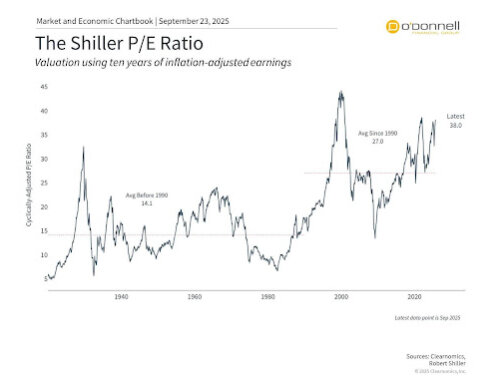
We’ve followed rules our whole lives. Whether it was listening to your teacher when they instructed you to raise your hand before speaking, your parents rule of looking both ways before you cross the street or being taught to stop at a red light when you finally learn how to drive, rules are everywhere. But, most people aren’t aware of the rules of retirement. Here are 4 rules of retirement to consider so you can be better prepared for what retirement has to offer both financially and socially.
Rule #1: Assume your spending will not go down.
If you think that your spending will decrease in retirement, think again. In retirement, it’s more likely for your expenses to go up rather than decrease. Leisure are bound to go up because you will have more COMPLIMENTARY time for travel and entertainment. Also, healthcare costs tend to rise as you age. Some costs will simply stay the same, things like housing, food, electricity will all still need to be paid for even after you retire. That’s why it’s important to use proper planning to help determine your retirement budget.
Rule #2: Plan on getting no more than half your income from Social Security.
Social Security isn’t designed to sustain retirees all on its own. Although it may help pay the bills and offset some costs, it shouldn’t be your only source of retirement income. However, this doesn’t mean that you shouldn’t factor these benefits into your retirement budget, you just can’t rely fully on them.
Rule #3: Know your nest egg’s value.
Looking at just the sum of your IRA or 401(k) that you have amassed does not give you the complete value of your nest egg. By looking at the annual amounts instead of the overall balance, you will have a better idea of your retirement income. This helps ensures that you are looking at it practically and not getting caught up in the total number.
Rule #4: Have a plan before you leave the workforce.
All the COMPLIMENTARY time that retirement brings can be overwhelming to some people. This could potentially become a negative emotion if you have not planning for your time once you retire. Some lifestyle tips include starting a business or focusing on a hobby. Other retirees chose to travel or join a club. Either way, it doesn’t matter so much what you are doing, the fact that you are doing something is what’s important.
Following these rules and having a complete financial plan can help you enjoy retirement to the fullest. At O’Donnell Financial Group, we can help you create this personalized plan by looking at your financial and lifestyle goals. Click here to schedule your no cost, no obligation review today!







